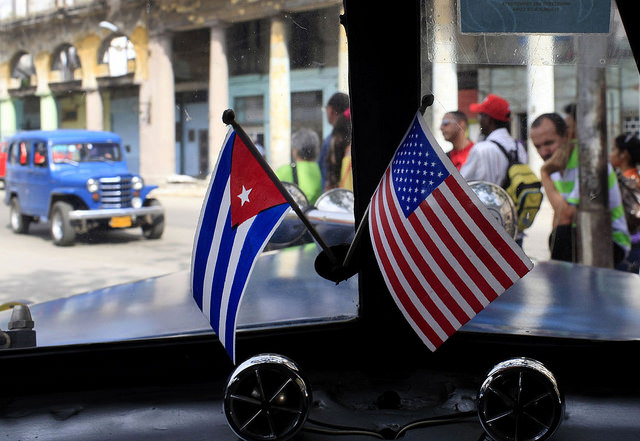 USCIS Updates Policy Guidance Highlighting Discretionary Power to Waive In-Person Interviews for I-751 Applicants
USCIS Updates Policy Guidance Highlighting Discretionary Power to Waive In-Person Interviews for I-751 Applicants
On April 7, 2022, the United States Citizenship, and Immigration Services (USCIS) updated its Policy Manual on the interview waiver criteria for family-based conditional permanent residents filing to remove the conditions on permanent residence on Form I-751 Removal of Conditions.
Under the law, those who attained their permanent resident status (green card) based on a marriage that was less than 2 years old at the time of approval, receive a conditional green card, also known as “conditional permanent residency.”
This conditional green card is issued for a 2-year period. Prior to the expiration of the 2-year green card, the applicant must file Form I-751 to remove their conditions on permanent residence within the 90-day window before it expires.
The Immigration and Nationality Act stipulates that a conditional permanent resident must appear for an in-person interview as part of the I-751 Removal of Conditions adjudication process, so that the immigration officer can verify the accuracy of the information included in the petition and determine whether the conditions on permanent residence should be removed.
The Act also carves out discretionary powers that allow USCIS officers to authorize waiver of the in-person interview.
The April 2022 updated Policy Guidance clarifies that USCIS officers may consider waiving an interview, if, generally, the applicant meets all eligibility requirements for removal of conditions, and the record contains sufficient evidence for approval, and there is no indication of fraud, misrepresentation, criminal bars, or such factors that would require an interview.
The Guidance also eliminates automatic referrals in cases where a conditional permanent resident obtained status by way of Consular processing.
The language of the pertinent section indicates the following:
Volume 6: Immigrants, Part I, Family-Based Conditional Permanent Residents, Chapter 3, Petition to Remove Conditions on Residence [6 USCIS-PM I.3]
CPRs who file a Form I-751 must appear for an interview at a USCIS field office, unless USCIS waives the interview requirement. USCIS officers may consider waiving the interview in cases where:
 Visa Lawyer Blog
Visa Lawyer Blog


